Slavery In England
The people who conducted petty crimes in Ireland and England were transported to the colonies as servants or criminals to punish these people in 17th century until 19th century. In the eyes of the British government slavery was a benign feature of its economy so long as it produced results.
 Slavery Abolition Act History Impact Britannica
Slavery Abolition Act History Impact Britannica
Facts about British Slavery 2.

Slavery in england. The Act was repealed in 1997. Britain slavery and the trade in enslaved Africans Marika Sherwood British slaves. The use of slaves was paramount to this process.
The Enlightenment criticized many ancient institutions including slavery. Modern slavery in the UK Modern slavery in the UK can take many forms including forced sexual exploitation domestic slavery or forced labour on farms in construction shops bars nail bars car washes or manufacturing. Britain had been engaged in slavery since the sixteenth century with economic prosperity being secured through the use of slave-grown products such as sugar and cotton.
This money was to come out of tax revenue. Octavia November 6 2016 532 am. Whilst Anglo-Saxon slavery was a form of legal punishment andor proto-welfare state as slaves possessed few defined rights it may not have been very hospitable.
Great Britain and Slavery Historians may never know exactly how many slaves were taken out of Africa from the 16th to 19th centuries. This Act of the Parliament of the United Kingdom expanded the jurisdiction of the Slave Trade Act 1807 and made the purchase or ownership of slaves illegal within the British Empire with the exception of the Territories in the Possession of the East India Company Ceylon and Saint Helena. No legislation was ever passed in England that legalised slavery.
In America what rumblings of abolition existed were very few and far between. If we hear at all about Britains involvement in slavery theres often a slight whiff of self-congratulation for abolishing it in 1833 32 years ahead of the US where the legacy of. Though slavery itself was banned in Britain the slave trade conducted by the British still carried on.
An 18th century depiction of slave compounds maintained by Portugal France England and the Netherlands in what is now Nigeria. François-Auguste BiardPublic Domain The Enlightenment and Slavery. It received Royal Assent on August 28 1833 and took effect on August 1 1834.
British involvement in slavery is over 2000 years old but not in what is now the accepted perspective. England was a peripheral player in Europes early imperial ventures but English pirates and privateers did not only plunder gold from Spanish and Portuguese ships. Among the earliest to speak out against slaverys existence was John Woolman a.
Estimates run between 12 and 15 million but with poor records. Modern slavery is a serious crime being committed across the UK in which victims are exploited for someone elses gain. British radical sympathy for the emancipation movement was put under considerable strain after 1830.
It seems also that slavery was hereditary and early European instances of slavery were a template for later trans-Atlantic slavery. Their duties were not necessarily. They also kidnapped enslaved Africans.
The Slavery Abolition Act 1833 abolished slavery in parts of the British Empire. When the slave emancipation act was finally passed in 1833 the British government agreed to compensate the slave-owners to the amount of around 20000000 for the loss of their human property. It can take many forms including trafficking of people forced labour and.
The British Empire relied on cultivating products in order to trade in a global market. Here some interesting facts about Slavery in Britain. Slavery in Great Britain existed prior to the Roman occupation and until the 12th century when chattel slavery disappeared at least for a time following the Norman ConquestFormer indigenous slaves merged into the larger body of serfs in Britain and no longer were recognised separately in law or custom.
Slavery was once thought of as an activity largely limited to the. The Atlantic slave trade. Slavery Abolition Act 1833 in British history act of Parliament that abolished slavery in most British colonies freeing more than 800000 enslaved Africans in the Caribbean and South Africa as well as a small number in Canada.
In the space of just 46 years the British government outlawed the slave trade that Britain had created and went on to abolish the practice of slavery throughout the colonies. The abolitionist campaigned to stop it. Cicero noted in about 54 BC that the British enslaved by Julius Caesar were too ignorant to fetch fancy prices in the market.
The geographic spread of the slave owners who were resident in Britain in 1834 was almost as unexpected as the gender breakdown. Slavery was legal in Britain until 1772 and many of these Africans found themselves working as butlers or other household attendants in aristocratic families. But Enlightenment criticism had not been consistent.
Facts about British Slavery 1.
 How Slavery Persisted In New England Until The 19th Century History
How Slavery Persisted In New England Until The 19th Century History
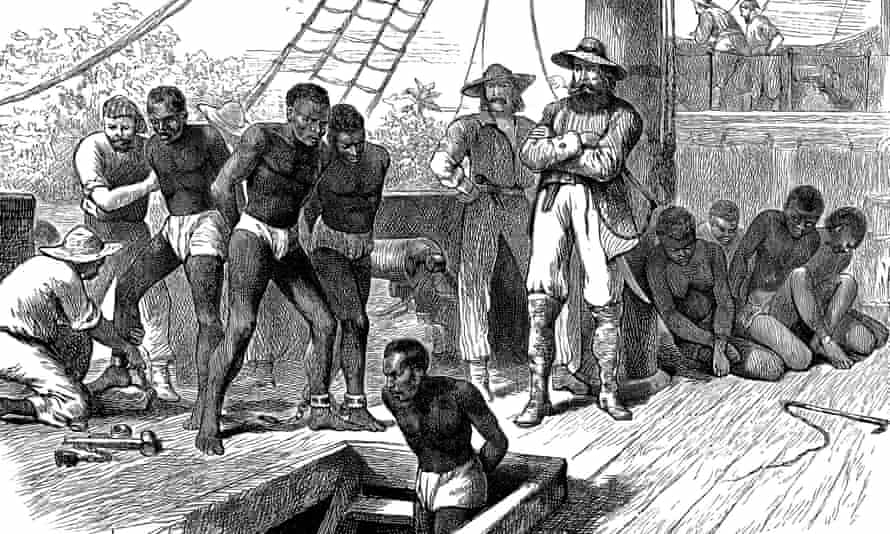 The History Of British Slave Ownership Has Been Buried Now Its Scale Can Be Revealed Slavery The Guardian
The History Of British Slave Ownership Has Been Buried Now Its Scale Can Be Revealed Slavery The Guardian
 Church And Bank Of England Apologise Over Historic Links To Slave Trade Daily Mail Online
Church And Bank Of England Apologise Over Historic Links To Slave Trade Daily Mail Online
 Letter Slaves May Have Been Free Sooner If Revolution Failed The Mercury News
Letter Slaves May Have Been Free Sooner If Revolution Failed The Mercury News
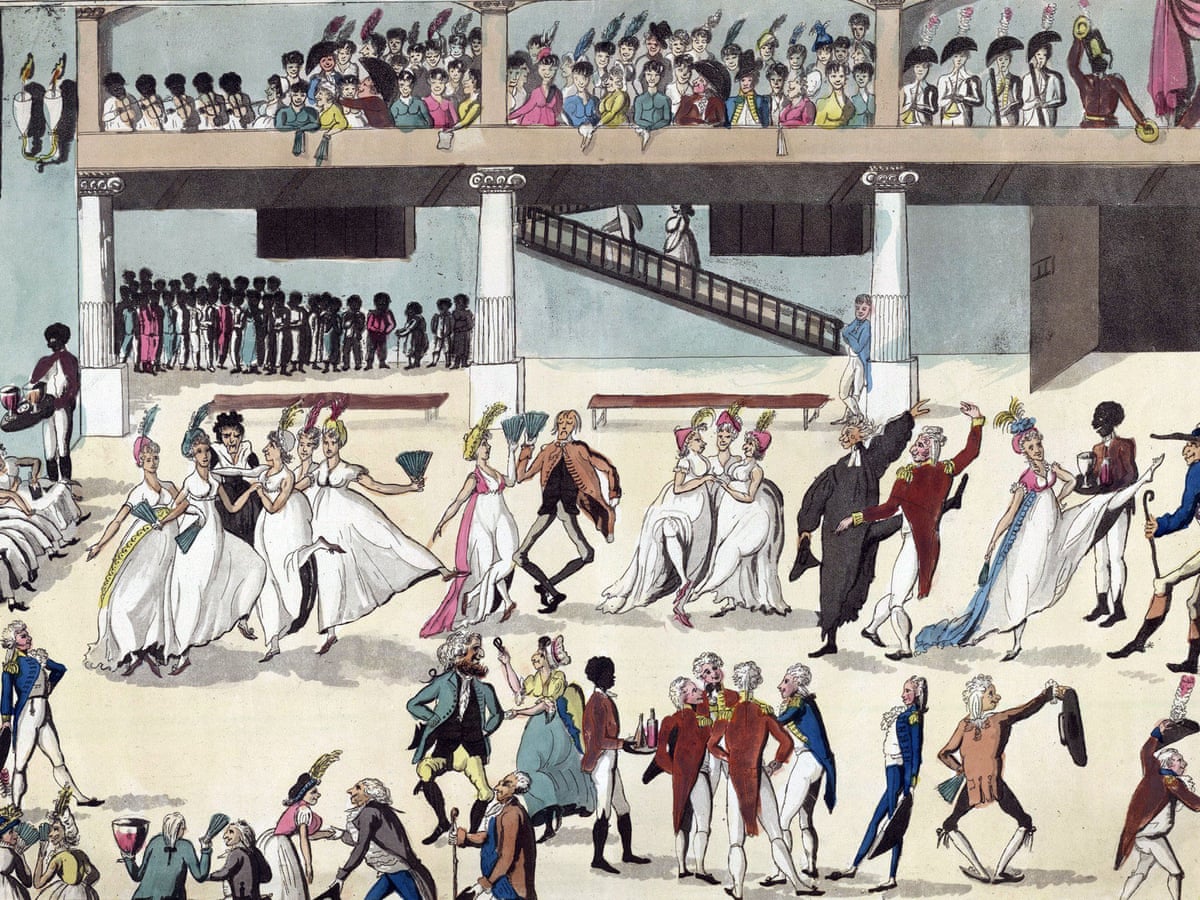 The Treasury S Tweet Shows Slavery Is Still Misunderstood Slavery The Guardian
The Treasury S Tweet Shows Slavery Is Still Misunderstood Slavery The Guardian
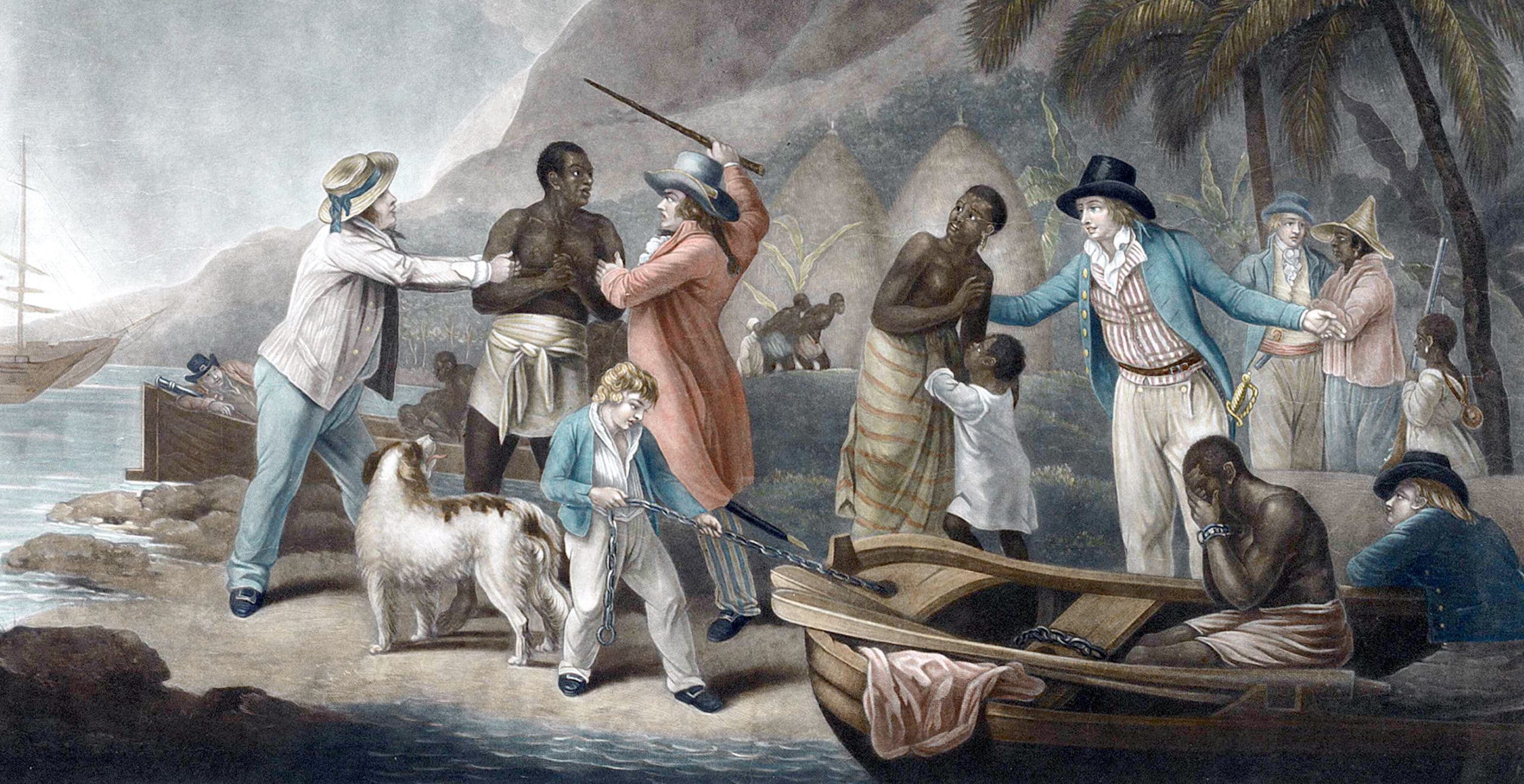 The Abolition Of Slavery In Britain Historic Uk
The Abolition Of Slavery In Britain Historic Uk
 When Was Slavery Abolished In The Uk Britain S Role In The Slave Trade Outlined Following The Removal Of Edward Colston S Statue The Scotsman
When Was Slavery Abolished In The Uk Britain S Role In The Slave Trade Outlined Following The Removal Of Edward Colston S Statue The Scotsman
Bbc News Uk Magazine 10 Things About British Slavery
Bbc News Uk Education All Pupils To Learn About Slavery
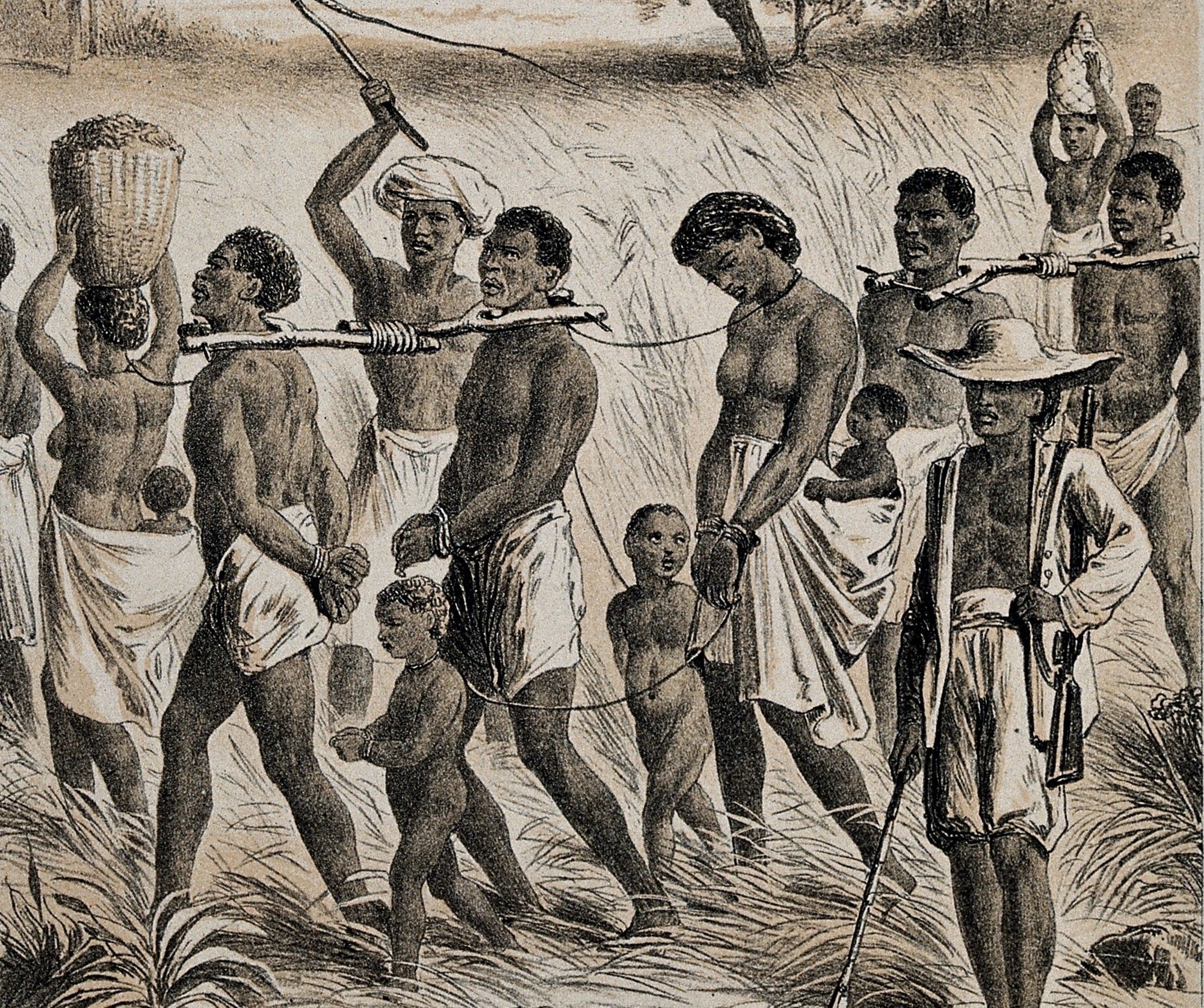 A Timeline Of The Abolition Of The British Slave Trade British Heritage
A Timeline Of The Abolition Of The British Slave Trade British Heritage
 Historic England Lists Villages Ties To Slavery
Historic England Lists Villages Ties To Slavery
Slavery As It Exists In America Slavery As It Exists In England Smithsonian Institution
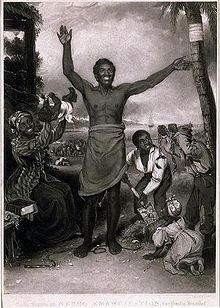
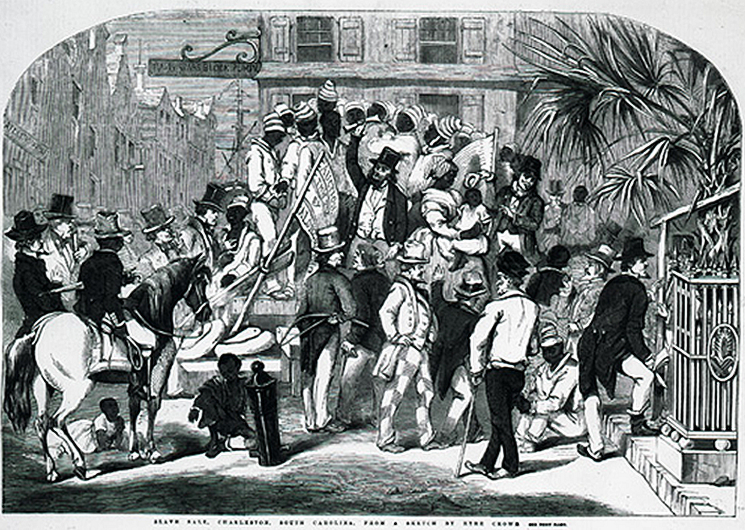
Comments
Post a Comment